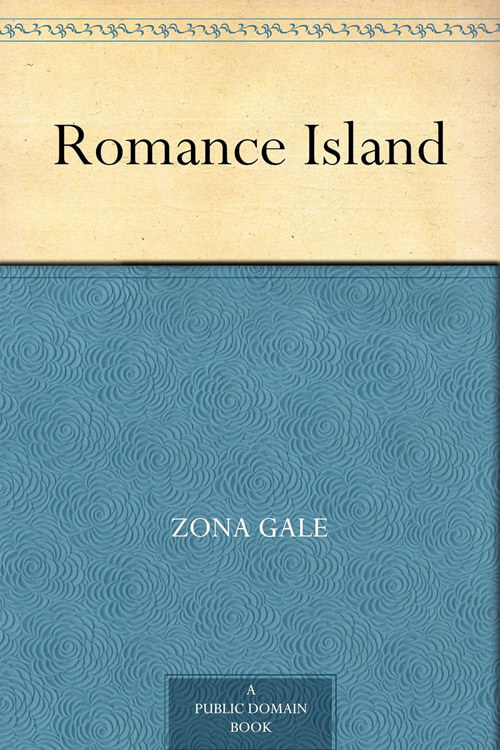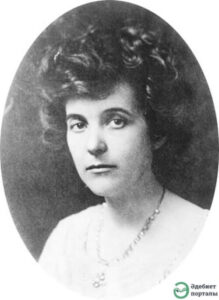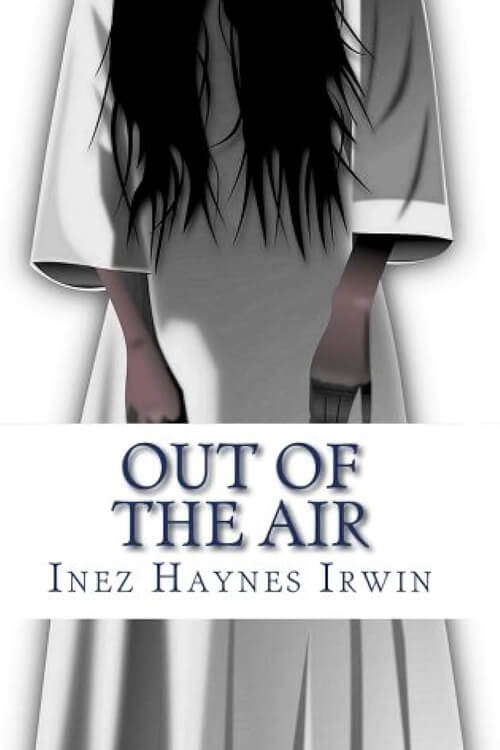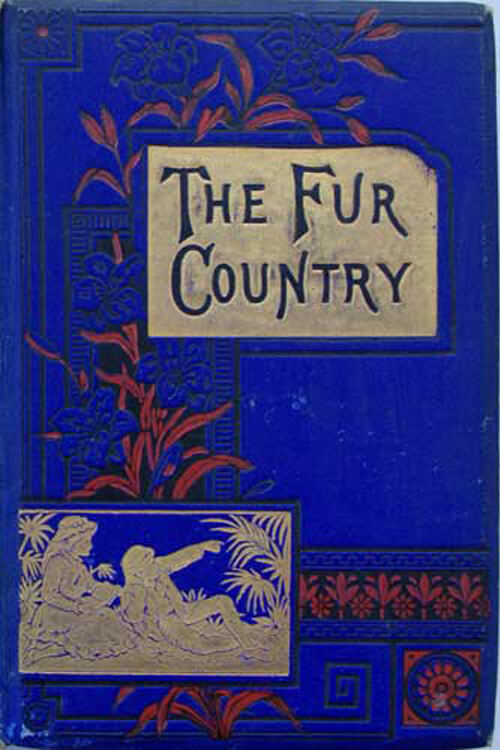
Romance Island
Miss Holland claims she had never seen or heard of the woman before. Now, what do you make of it?” he demanded, unconcernedly draining his glass. “Splendid,” cried St. George in genuine interest. “I say, splendid. Did you see the woman?” he asked Amory. Amory nodded. “Yes,” he said, “Andy fixed that for me. But she never said a word. I parlez-voused her and verstehen-Siedher, and she sighed and turned her head. “Did you see the heiress?” St. George asked. “Not I,” mourned Amory, “not to talk with, that is.
I happened to be hanging up in the hall there the afternoon it occurred,” he modestly explained. “What luck,” St. George commented with genuine envy. “It’s a stunning story. Who is Miss Holland?” “She’s lived there for a year or more with her aunt,” said Chillingworth. “She is a New Yorker, an heiress, and a great beauty–oh, all the properties are there, but they’re all we’ve got. What do you make of it?” he repeated. St. George did not answer, and everyone else did.
Read or download Book
Zona Gale
Zona Gale (August 26, 1874 – December 27, 1938), also known by her married name, Zona Gale Breese, was an American novelist, short story writer, and playwright.
Biography
She became the first woman to win the Pulitzer Prize for Drama in 1921. Her close relationship with her parents set the tone for her writing and her personal life. Her books based upon her hometown were charming and had an intimate sense of realism, in which she captured her characters’ underlying feelings and motivations. All of her works were written under her maiden name, Zona Gale.
She became a single parent when she adopted a girl. Her parents died in 1923 and 1929. After her parents died, she became interested in mysticism, which changed her writing style to the chagrin of the critics who had enjoyed her previous work. She was unmarried until she was in her fifties, when she married a childhood friend who was a widower. She supported political and social causes, like women’s rights, pacifism, and education.






